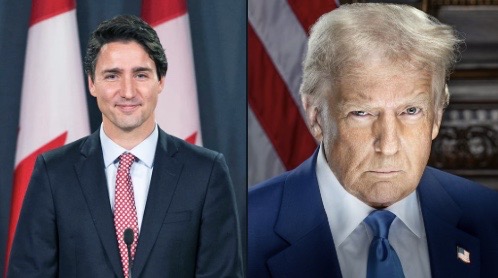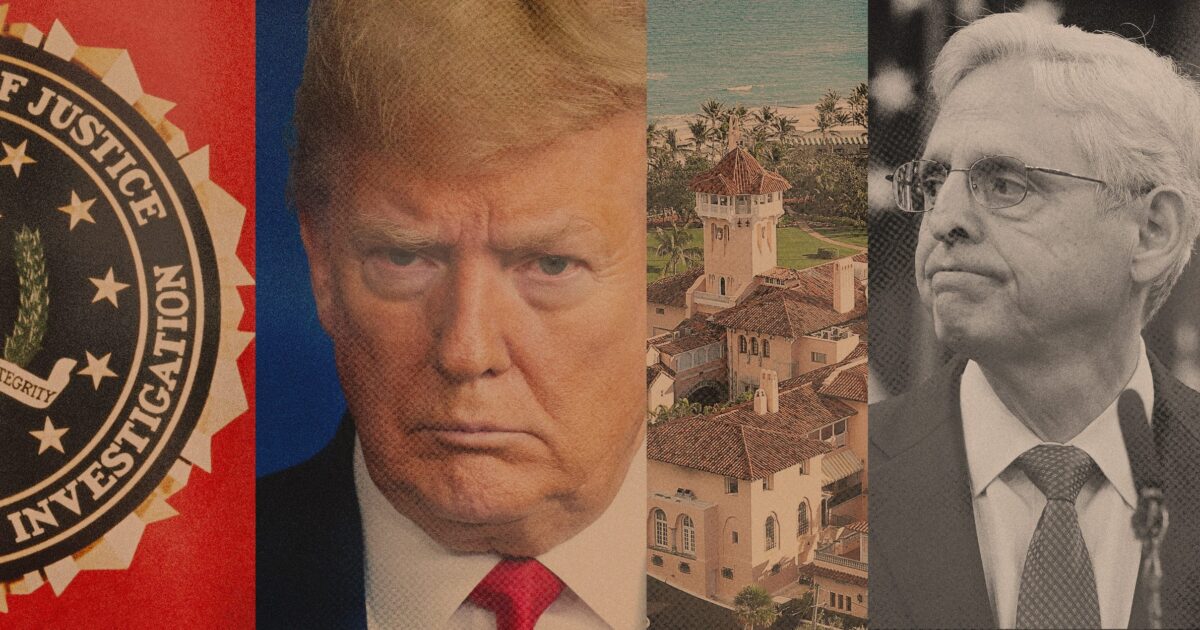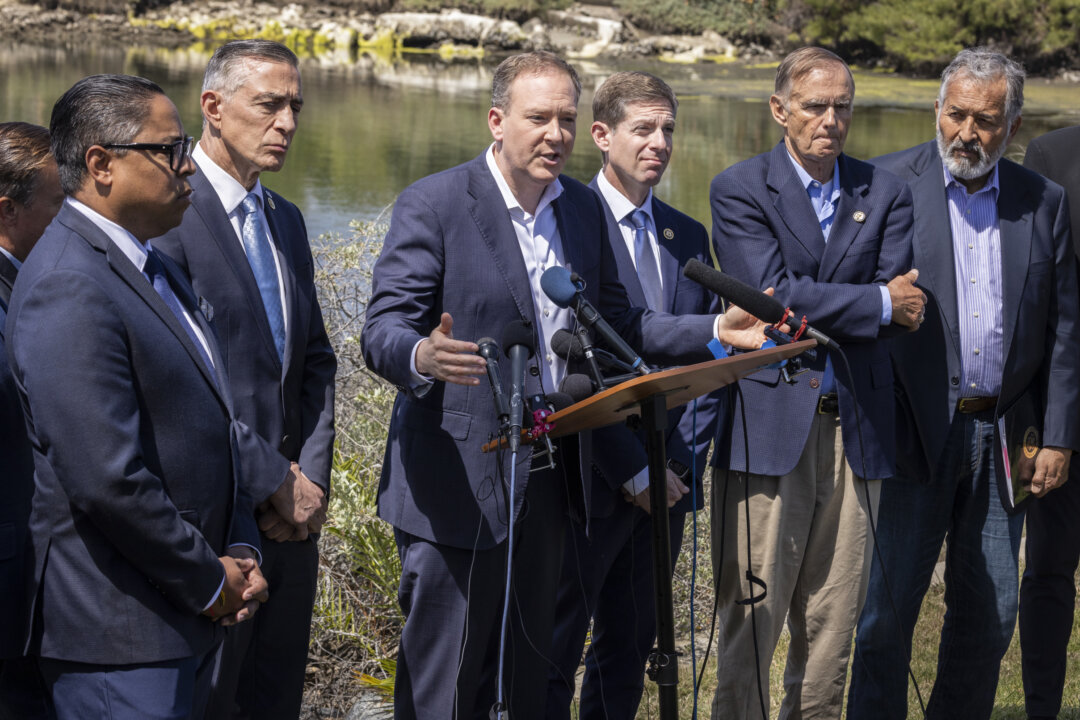President Donald Trump has taken a bold step in his ongoing effort to prioritize American economic interests by imposing tariffs on Canada, Mexico, and China. The move, part of a broader strategy to promote fair trade, triggered a swift response from Canadian Prime Minister Justin Trudeau, who retaliated with his own set of tariffs on American goods. However, many experts and Canadian citizens fear this strategy may backfire, with consequences for the Canadian economy.
The immediate financial impact was undeniable—the Canadian dollar plummeted to its lowest level since 2003, while Mexico’s peso also saw significant losses. Concerns about rising inflation and strained cross-border trade agreements have dominated discussions in Canada. In response, Trudeau unveiled a $1.3 billion border security plan, signaling his willingness to cooperate with the United States on key security issues while seeking to ease tensions caused by the escalating trade war.
According to The Gateway Pundit, the Canadian government’s new initiative aims to enhance border security and stop the deadly flow of fentanyl into North America. The comprehensive plan includes the deployment of helicopters, advanced surveillance technology, and additional border personnel, all designed to improve coordination with U.S. authorities.
Trudeau highlighted the urgency of the situation in a recent press conference:
“I just had a good call with President Trump. Canada is implementing our $1.3 billion border plan — reinforcing the border with new choppers, technology and personnel, enhanced coordination with our American partners, and increased resources to stop the flow of fentanyl.”
As part of this initiative, Canada will deploy nearly 10,000 frontline personnel to fortify the border. The new measures represent one of the largest security overhauls in recent Canadian history. Trudeau also announced the creation of a Fentanyl Czar position and the formal designation of drug cartels as terrorist organizations, marking a significant shift in Canadian policy.
A key element of the border security plan is the establishment of a Canada-U.S. Joint Strike Force, focused on combatting organized crime, fentanyl trafficking, and money laundering. This new task force will operate 24/7, with round-the-clock monitoring of border activity to ensure that criminal organizations cannot exploit security gaps.
To further support these efforts, Trudeau signed a new intelligence directive, backed by a $200 million investment aimed at strengthening cooperation between Canadian intelligence agencies and their U.S. counterparts. This directive prioritizes intelligence gathering and coordinated action against drug cartels operating across North America.
In a significant diplomatic gesture, Trudeau also announced that proposed Canadian tariffs on U.S. goods would be paused for 30 days to allow both nations to negotiate a broader agreement. “Proposed tariffs will be paused for at least 30 days while we work together,” he stated, signaling a willingness to de-escalate the trade conflict.
President Trump welcomed Trudeau’s announcement as a step in the right direction but emphasized that the tariff pause is conditional. “The pause on tariffs is contingent upon reaching a final economic agreement with Canada,” Trump said. Meanwhile, Mexican President Claudia Sheinbaum pledged to deploy 10,000 soldiers to secure Mexico’s border, aligning her country’s efforts with those of Canada and the United States.
Upon his return to Washington, D.C., President Trump spoke to reporters about the progress being made. He sharply criticized Canada’s restrictive trade practices:
“Canada has been very tough on oil, on energy. They don’t allow our farm products in, essentially. We want fairness in our trade relationship with Canada—nothing more, nothing less.”
Trump’s “Fairness for All” agenda has been a cornerstone of his trade policy. His administration’s use of tariffs has been framed as a necessary tool to correct decades of unfair trade practices that have harmed American workers. His supporters argue that the strategy is working, citing Canada’s commitment to securing the Northern Border as evidence that tough negotiations yield results.
The $1.3 billion border plan rolled out by Trudeau marks a significant pivot in Canadian policy, aligning more closely with U.S. priorities on border security and the opioid crisis. The deployment of nearly 10,000 frontline workers is expected to dramatically increase border security operations. Trudeau confirmed additional steps:
“In addition, Canada is making new commitments to appoint a Fentanyl Czar, we will list cartels as terrorists, ensure 24/7 eyes on the border, and collaborate with our American partners to tackle this crisis head-on.”
The Canada-U.S. Joint Strike Force will lead high-level operations targeting drug trafficking networks and transnational organized crime. This joint effort underscores the growing importance of binational cooperation in addressing border security challenges that impact both nations.
The 30-day pause on tariffs provides a crucial window for negotiators to hammer out a final economic agreement. Both nations are keen to avoid a prolonged trade conflict, recognizing the economic and political risks involved. For Trump, the pause is an opportunity to secure favorable terms that protect American industries and workers while fostering closer cooperation on security issues.
While some critics have dismissed Trump’s tariff strategy as risky, his supporters see it as strategic leverage that has forced Canada to the negotiating table. The linkage between trade and security is viewed as a savvy move that advances multiple U.S. priorities simultaneously.
The Trump-Trudeau standoff over tariffs and border security may ultimately serve as a defining moment in U.S.-Canada relations. It highlights the complex interplay between trade, national security, and diplomacy. With both nations committing to increased border security and more robust cooperation, the crisis could give way to a new era of collaboration—if a final economic agreement is reached.
For President Trump, the goal remains clear: protect American workers, secure the nation’s borders, and ensure fairness in every trade relationship. Whether Canada and Mexico will fully meet these expectations remains to be seen, but for now, the pause on tariffs is a promising step toward a broader solution.
Trump’s message is unambiguous: America first, but always open to fair partnerships.



